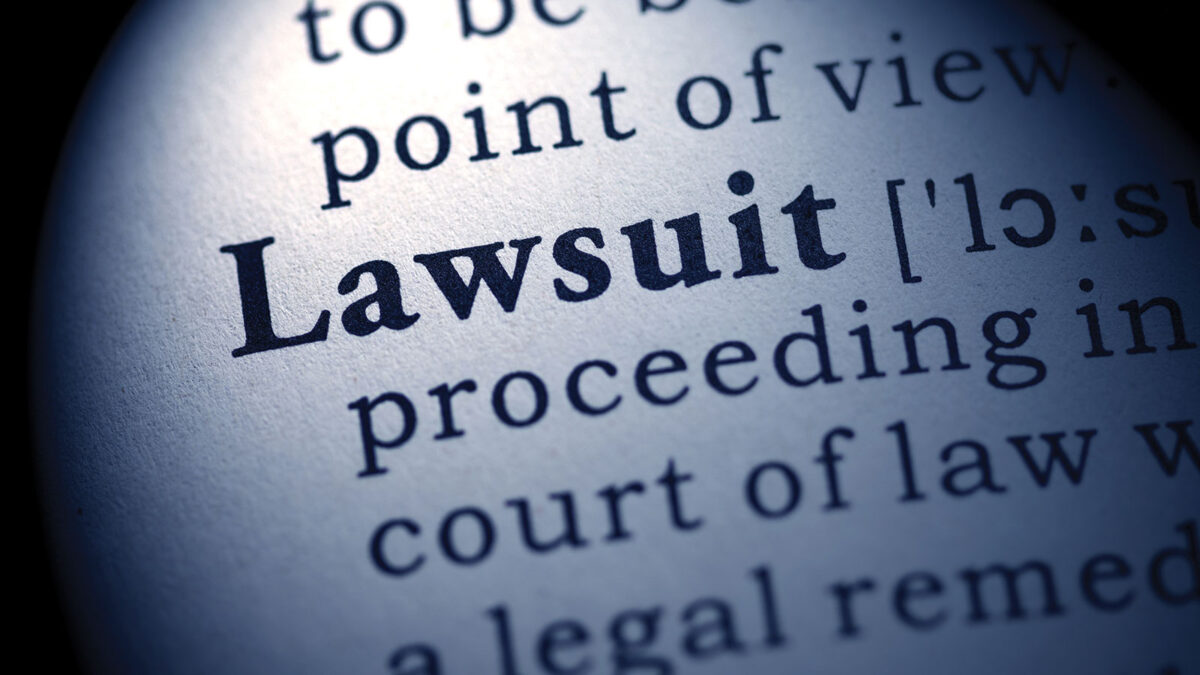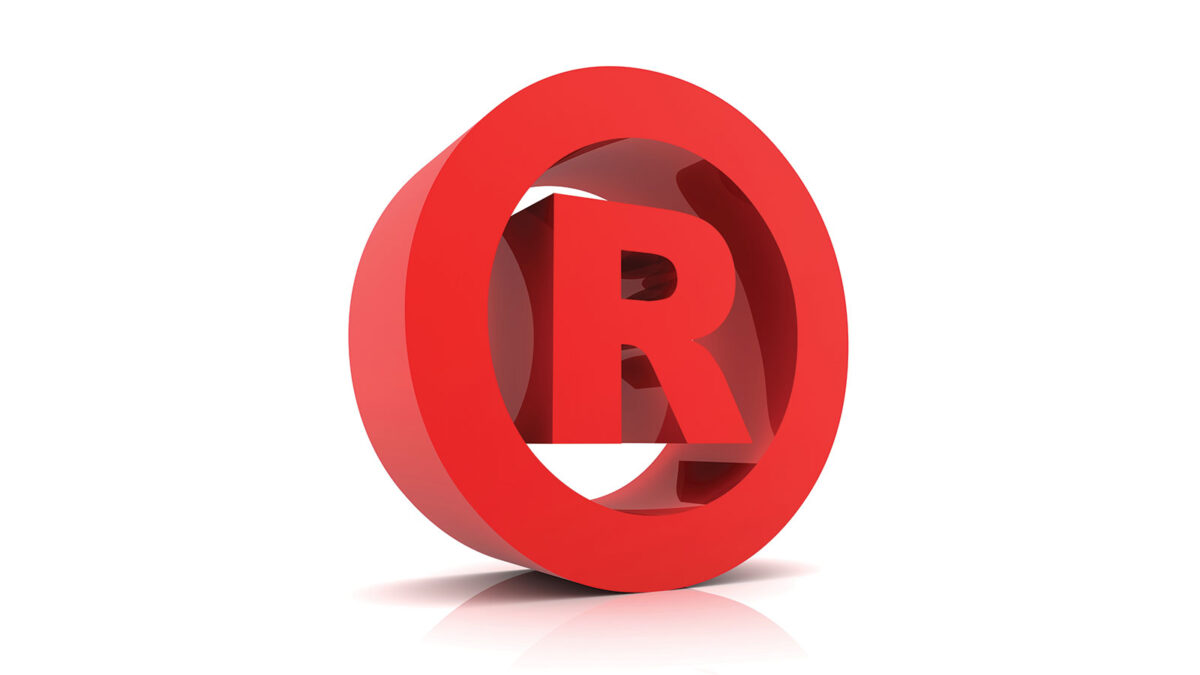
Colorado Expands Litigation Privilege in Class Action Cases
December 2023
Download This Article (.pdf)
In Killmer, Lane & Newman, LLP v. BKP, Inc.,1 the Colorado Supreme Court, for the first time in more than 60 years, addressed the absolute litigation privilege, which protects attorneys from liability for defamation and other torts based on statements made during or relating to a judicial proceeding. The case arose from a press conference given by an attorney who filed a class action lawsuit against an employer, at which the attorney made several remarks about the factual basis for the class action complaint. The attorney stated that the employer forced employees to perform janitorial work without pay, refused to pay overtime, withheld tips, and shorted commissions. Unhappy with these statements, the employer sued the attorney and her law firm.
The lawsuit included claims for defamation and intentional interference with contractual relations. The trial court dismissed the employer’s claims as barred by the First Amendment’s protection for statements of opinion and by the Noerr-Pennington doctrine. The trial court did not address whether the statements were protected by the absolute litigation privilege. The employer appealed.
Court of Appeals Sides With Employer
The Colorado Court of Appeals held that the privilege did not apply to statements made by an attorney at a press conference announcing the filing of a class action lawsuit because the privilege does not extend to statements made during press conferences or in press releases that occur or are issued after litigation has begun.2 It reasoned that the privilege did not apply because there was no need for class action attorneys to engage in that form of communication, since it was unnecessary to locate proposed class members or inform them of the lawsuit. Because the attorneys had a “feasible way” of figuring out who in their audience had an interest in the case through the discovery process, the court held there was no need to disseminate information about the lawsuit to the public since the potential class members were “easily ascertainable” so that “identifying the members of the class would be easy.”3 The court of appeals concluded that “the privilege does not apply in this case because the attorneys had a ‘feasible way’ of figuring out who in their audience had an interest in the case” but nevertheless “broadly published the allegedly defamatory communications to those having no interest in the case.”4
Colorado Supreme Court Reverses
The Colorado Supreme Court granted certiorari to consider whether the common law litigation privilege for party-generated publicity in pending class action litigation excludes situations in which the identities of class members are ascertainable through discovery. The Supreme Court concluded that the court of appeals erred in conditioning the privilege on whether the identities of class members are ascertainable through discovery. The Court reached this conclusion for two reasons:
First, ascertainability is generally a requirement in class action litigation, and imposing such a condition would unduly limit the privilege in this kind of case. Second, the eventual identification of class members by way of documents obtained during discovery is not a substitute for reaching absent class members and witnesses in the beginning stages of litigation.5
The Supreme Court reviewed the history of the litigation privilege in Colorado, which has mainly been developed by the court of appeals based on Restatement (Second) of Torts § 586.6 To be privileged under § 586, the statement at issue must have some reference to the subject matter of the proposed or pending litigation, although it need not be strictly relevant to any issue involved in it.7 Thus, “[t]he pertinency required is not technical legal relevancy, but rather a general frame of reference and relation to the subject matter of the litigation.”8 Accordingly, “the privilege embraces anything that possibly may be relevant.”9
But, the Supreme Court held, the privilege is not without limits. To fall within the privilege’s protection, the statements at issue must have some relation to the subject matter of the litigation.10 In addition, the statements must be made in furtherance of the objective of the litigation.11 Nevertheless, in light of the privilege’s purpose of protecting attorneys against tort liability so as not to chill their representation of clients, although an attorney’s publication of defamatory statements that are “plainly irrelevant and impertinent” would not be privileged, any doubts about whether a statement is privileged “should be resolved in favor of its relevancy or pertinency.”12
Applying these principles to the facts before it, the Supreme Court rejected the court of appeals’ recognition of an “ascertainability exception” to the privilege, concluding that “conditioning the applicability of the litigation privilege on whether class counsel has alleged that the class is ascertainable is unworkable in practice and would unduly limit the litigation privilege in class action cases.”13 The Court reached this conclusion because the allegation that class members were “ascertainable” does not preclude attorney from reaching out to the public to inform and locate potential class members and witnesses. When the purpose of the press conference was to promote the class action lawsuit and to contact unknown potential class members early in the litigation, the court held, “it is immaterial whether the attorneys expected the class to be ascertainable from the employer’s business records.”14 The Court recognized that eventual identification of class members during discovery is not a substitute for reaching absent class members and witnesses through the press.15 Accordingly, the Court concluded, “early outreach through the press can benefit a class action regardless of whether it will ultimately be ‘easy’ to ascertain the class members” during subsequent discovery.”16
The Supreme Court accordingly concluded that the court of appeals erred in adopting and applying an “ascertainability exception” to defeat the litigation privilege.17 Although it agreed with the view that “attorney press statements that merely repeat and explain a class action complaint serve to notify the public, absent class members, and witnesses about the litigation, thereby furthering the object of the litigation,”18 and rejected the employer’s argument that the privilege excludes all statements made by lawyers in press conferences or press releases,19 it nevertheless declined to adopt a “bright-line” rule that would always allow the privilege to protect defamatory statements in the context of announcing a class action.20
Conclusion
The upshot of the Killmer, Lane & Newman decision is that public statements that merely repeat, summarize, or paraphrase allegations made in a class action complaint are protected by the absolute litigation privilege unless they are “plainly irrelevant and impertinent.”21 The opinion provides a “safe harbor” from liability for defamation and related torts for attorneys’ statements to the press about pending class actions, so long as they serve to notify the public, class members, and witnesses about the litigation.22 Although the case provides protection for attorney statements at press conferences in the context of class actions, attorneys should continue to be careful when making comments to the press before or during litigation.
Related Topics
Notes
1. Killmer, Lane & Newman, LLP v. BKP, Inc., 2023 CO 47.
2. BKP, Inc. v Killmer Lane Newman, LLP, 2021 COA 144.
3. Id. at ¶ 41.
4. Id. at ¶ 42.
5. Killmer, Lane & Newman, LLP, 2023 CO 47 at ¶ 2.
6. Id. at ¶¶ 19–22. See Belinda A. Begley & Robert K. Hirsch Revocable Trust v. Ireson, 490 P.3d 963, 968–69 (Colo.App. 2020); Patterson v. James, 454 P.3d 345, 350–51 (Colo.App. 2018); Merrick v. Burns, Wall, Smith & Mueller, P.C., 43 P.3d 712, 714–15 (Colo.App. 2001); Dalton v. Miller, 984 P.2d 666, 668-69 (Colo.App. 1999); Buckhannon v. US West Communs., Inc., 928 P.2d 1331, 1335 (Colo.App. 1996); Club Valencia Homeowners Ass’n v. Valencia Assoc., 712 P.2d 1024, 1027 (Colo.App. 1985).
7. Restatement (Second) of Torts § 586, cmt. c (American Law Institute 1977); Club Valencia Homeowners Ass’n, 712 P.2d at 1027.
8. Killmer, Lane & Newman, LLP, 2023 CO 47, ¶ 22 (quoting Club Valencia Homeowners Ass’n, 712 P.2d at 1027).
9. Id.
10. Id. at ¶ 24 (quoting Club Valencia Homeowners Ass’n, 712 P.2d at 1028).
11. Id.
12. Id. at ¶ 25 (quoting Club Valencia Homeowners Ass’n, 712 P.2d at 1027).
13. Id. at ¶ 27.
14. Id. at ¶ 30.
15. Id.
16. Id.
17. Id. at ¶ 31.
18. Id. at ¶ 41.
19. Id. at ¶ 48.
20. Id. at ¶ 39.
21. Id. at ¶¶ 25, 49.
22. Id. at ¶ 49.


